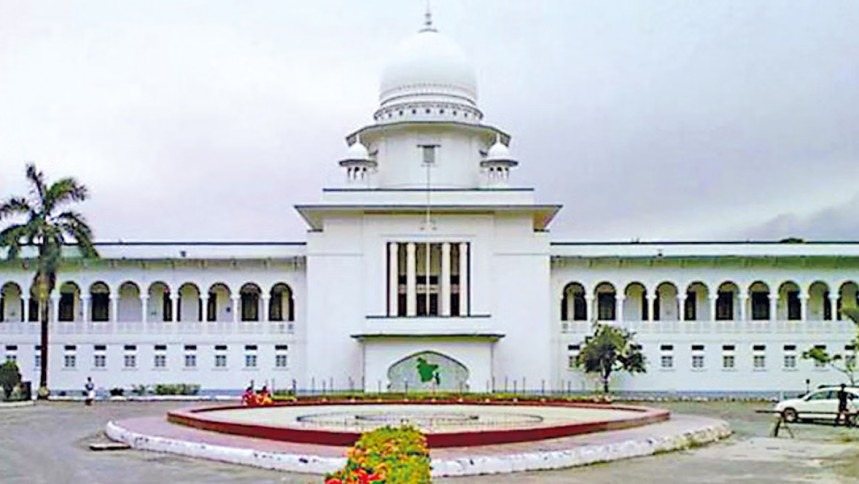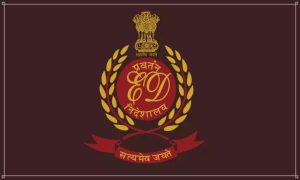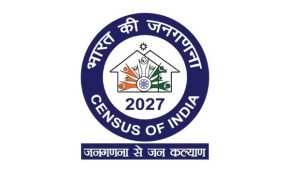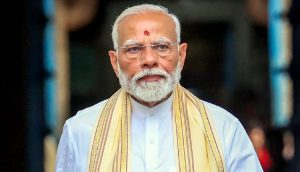Bangladesh’s Supreme Court today reinstated the non-party caretaker government system for conducting national elections, overturning its 2011 verdict that had abolished the arrangement.
According to the verdict, the caretaker system will take effect after the next (13th) national election, which will be held under the current interim government. The restored system will be implemented for the 14th parliamentary polls and onward.
A seven-member bench of the Appellate Division, led by Chief Justice Syed Refaat Ahmed, delivered the unanimous judgment on Thursday morning. The ruling revives the 13th Amendment-introduced in 1996 to ensure free, fair and credible polls under a neutral interim administration.
The court allowed two appeals and four review petitions challenging its earlier 2011 judgment that had struck down the caretaker system. Petitioners included BNP, Jamaat-e-Islami, civil society members, freedom fighters and rights organisations who argued that restoring the mechanism was essential for safeguarding democracy.
Hearings on the matter concluded on November 11, and the judgment was scheduled for today. Lawyers for the petitioners had urged the apex court to reverse its earlier view, citing the need for public trust and neutrality in the electoral process.
The caretaker model was first adopted in 1996 to oversee elections for a 90-day period. It was abolished through the 15th Amendment in 2011, following a Supreme Court verdict that declared the 13th Amendment unconstitutional.







